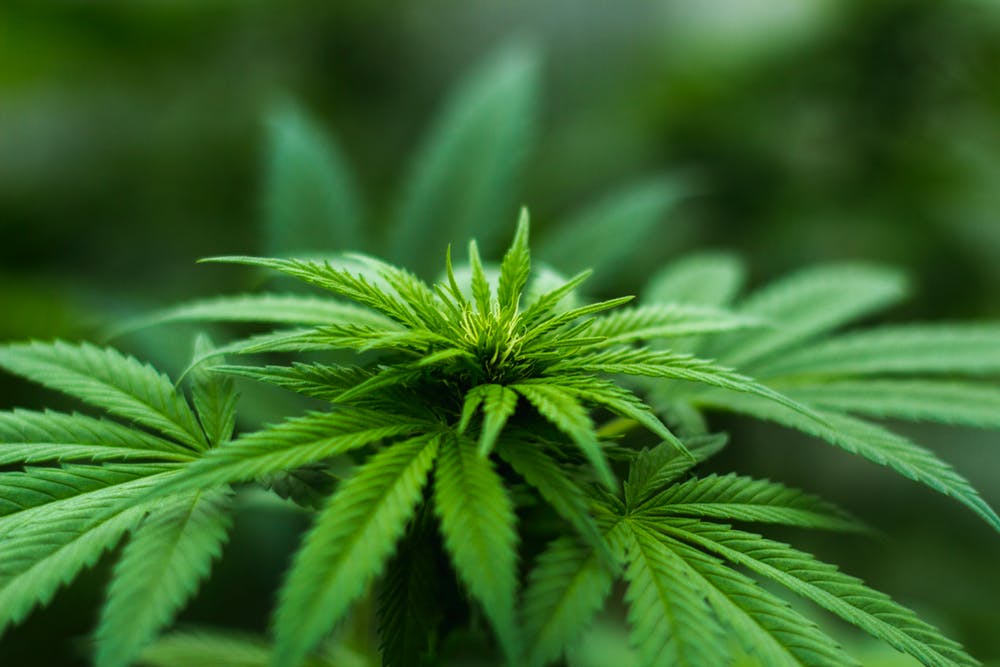By: Conor Bezane
Marijuana makes me paranoid. Irritable. I can’t leave the house if I am high or I will panic. I used to smoke it mostly at home (there’s delivery service in New York) and occasionally at parties. I did enjoy it for a time, but I have concluded that weed is not compatible with my bipolar brain. In fact, I believe it is one of the worst things I can partake of. And if I did, I would break my sobriety.
When I had my major manic episode in 2007, I was smoking weed every night, along with drinking bottles and bottles of beer. I was blasting music and dancing with myself into the wee hours. Weed only made my mania feel more intense. But eventually that mania led to hallucinations and psychosis.
Recreational marijuana is now legal in Alaska, California, Colorado, Maine, Michigan, Nevada, Oregon, Massachusetts, Vermont, and Washington. That’s one-fifth of the country.
And in 33 states, it’s legal for medical reasons.
I’m not going to judge people who like to smoke up every now and then. I’m just reporting the news. But I do think smoking pot is detrimental to your health if you have bipolar or do it in excess every day. Moderation is key. And for one thing, just like cigarettes, inhaling marijuana is putting smoke into your lungs.
A new study published in The Lancet Psychiatry finds that THC, the chemical in marijuana that causes you to get stoned, in high doses and of high potency can cause psychosis, which is the inability to differentiate between what is real and what is not real. Psychotic people may experience delusions or hallucinations, feel a lack of motivation, and experience sleep problems.
The study’s author, Marta Di Forti, a psychiatrist at King’s College London, told NPR that high-potency marijuana, in tandem with genetics and environmental factors, might not directly trigger bipolar disorder or schizophrenia, but it can be a factor, especially when high-THC cannabis is involved.
“We estimated… that 20 percent of new cases of psychotic disorder across all our sites could have been prevented if daily use of cannabis had been abolished,” Di Forti said.
She added:
“Our results show that in areas where daily use and use of high-potency cannabis are more prevalent in the general population, there is an excess of cases of psychotic disorder. Participants who used high-potency cannabis daily had four-times higher odds of psychosis in the whole sample.”
Three cities where high-potency marijuana is more readily available — London, Paris, and Amsterdam — have higher rates of new cases of psychosis than other European cities. Participants told researchers when they starting using and what strains of marijuana they were smoking, including skunk in London or Dutch Nederweit, which gave the study’s authors an idea of the THC content of the strains.
The potency of weed has been rising. As one other study notes, the average concentration of THC in European and American weed in 2017 was 17.1 percent, up from 8.9 percent in 2008. It can even get as high as 67 percent, as with one strain in the Netherlands called Nederhasj.
However, the study doesn’t prove that marijuana directly causes psychosis, observes Dr. Diana Martinez, a psychiatrist and addictionologist at Columbia University. “You can’t say that cannabis causes psychosis,” she says. “It’s simply not supported by the data.”
My marijuana days are over. I believe it can be used strategically for medical purposes. But recreationally or medically, I choose not to partake. My gelatinous, embattled bipolar brain can’t handle it. And I’m fine with that.
The content of the International Bipolar Foundation blogs is for informational purposes only. The content is not intended to be a substitute for professional medical advice, diagnosis, or treatment. Always seek the advice of your physician and never disregard professional medical advice because of something you have read in any IBPF content.
–
Conor Bezane is a music-meister who has written for MTV News, AOL, and VICE. His first book — The Bipolar Addict: Drinks, Drugs, Delirium, & Why Sober is the New Cool — arrives June 21.


